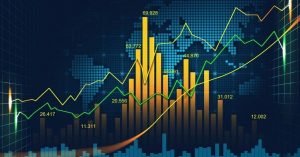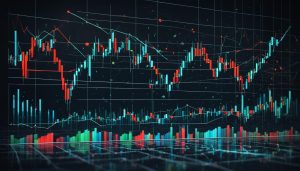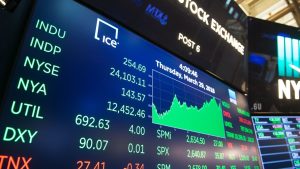The Impact of Global Trade Policies on Forex Markets

The forex market is determined by an array of global events that influence currency rates and overall forex volatility, from political unrest to pivotal central bank decisions. Being aware of such happenings is vital if traders wish to thrive in their marketplace endeavors.
Trade allows nations to specialize in activities they excel in and trade their goods with those lacking them, thus lowering costs and increasing consumption while sharing knowledge and technology with one another.
Contents
Tariffs
Forex (foreign exchange) is the market where currencies are traded. Currencies play an integral part of global life and business transactions; exchange of these is necessary in order to conduct international business deals and conduct transactions across borders. The USD is currently the primary currency traded on forex exchange markets with its value influenced by factors like interest rates, economic indicators and market sentiment among others.
Tariffs are an important form of trade barrier that can protect domestic industries by raising import prices and encouraging consumers to buy domestic goods instead. But tariffs also come with risks; higher consumer costs, retaliation from other nations and potential inefficiencies or corruption within customs and taxation systems should all be carefully considered before including them in global trade policies.
Trade Agreements
Global trade agreements have an immediate and long-lasting effect on national currencies of participating nations, creating lucrative trading opportunities on currency markets for traders.
Trade agreements typically reduce tariffs and other barriers to trade, as well as enable businesses to increase customer growth and revenue, thus supporting economic expansion and decreasing unemployment rates.
However, the impact of trade agreements on domestic currencies is complex and highly nuanced. Some experts suggest including provisions governing macroeconomic policies and exchange rates within trade negotiations while others believe such issues should remain separate from them.
As a country’s monetary policy can influence its currency, traders keep an eye on central bank announcements and decisions. A rate hike may strengthen one country’s currency while cutting rates could depreciate it further; these differences between monetary policies can make forex pairs highly volatile; for instance, Canada and the US might agree to lower tariffs on Venezuelan oil imports so as to maximize benefits from their oil deal.
Economic Sanctions
Sanctions are a widely utilized diplomatic tactic used by nations and international organizations to exert pressure on other nations, generally through trade restrictions, financial transactions, or diplomatic ties with specific targets. Sanctions often consist of restricting trade, financial transactions or diplomatic ties in an effort to convince these targeted nations to change their policies or make concessions to pressure the targeted nations into changing them.
As soon as a sanctioned nation is unable to engage in global trade or foreign investment, its currency depreciates as demand drops off significantly – this trend often manifests itself on forex markets due to increased tensions between them.
Economic sanctions also create a domino effect in global supply chains and trade relationships, leading to reduced economic activity in multiple countries. This loss of economic activity could impact forex markets; its exact effect may differ depending on what sanctions were placed upon each nation and on world conditions in general.
Political Instability
Political instability is a global concern that can have serious repercussions for forex markets. A lack of stability in any one country or region can cause shifts in trade policies and reduced demand for its currency, often caused by social unrest, terrorism or economic sanctions.
Political issues can also have an effect on central bank policy, leading to changes in interest rates that influence currency valuations. For instance, the recent US-China trade war led to wide price swings among commodity currencies like Australian dollars.
There are now multiple studies which use political instability as an independent variable in their models, typically by including it in revolutions or coups analyses; however, Daron Acemoglu has taken an alternative approach by shifting his emphasis to institutions instead. He hopes that his multidimensional approach could provide better insight into its effects on economic growth; this would ultimately result in more effective policies to deal with it.







